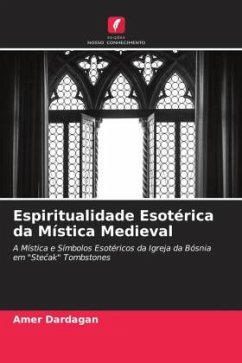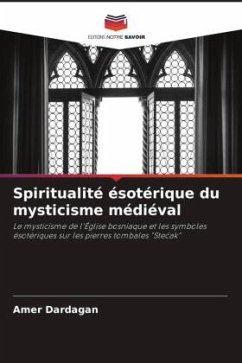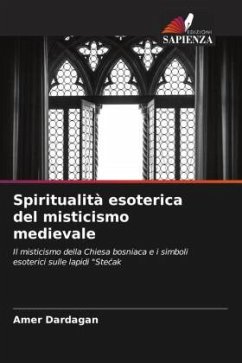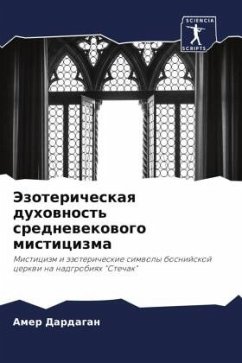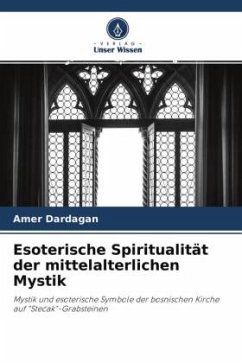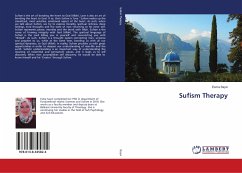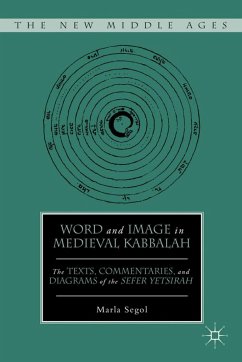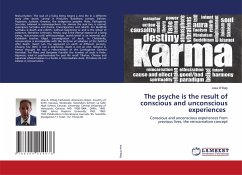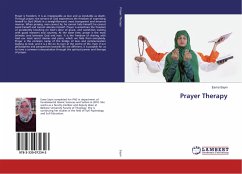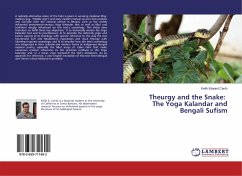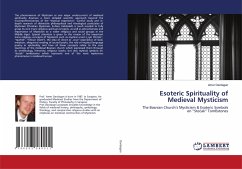
Esoteric Spirituality of Medieval Mysticism
The Bosnian Church's Mysticism & Esoteric Symbols on "Ste¿ak" Tombstones
Versandkostenfrei!
Versandfertig in 6-10 Tagen
55,99 €
inkl. MwSt.

PAYBACK Punkte
28 °P sammeln!
The phenomenon of Mysticism as one major undercurrent of medieval spirituality deserves a more detailed scientific approach beyond the incomprehensiveness of the "mystical experience". Careful study and in-depth research of distinctive philosophical and theological postulates of Mysticism (Christian Mysticism, Sufism, Kabbalah) is much needed to fully grasp its core trans-religious spiritual concepts, as well as attractiveness and importance of Mysticism to a wider religious and social groups in the Middle Ages. Special attention is given to the review of the important trans religious concepts...
The phenomenon of Mysticism as one major undercurrent of medieval spirituality deserves a more detailed scientific approach beyond the incomprehensiveness of the "mystical experience". Careful study and in-depth research of distinctive philosophical and theological postulates of Mysticism (Christian Mysticism, Sufism, Kabbalah) is much needed to fully grasp its core trans-religious spiritual concepts, as well as attractiveness and importance of Mysticism to a wider religious and social groups in the Middle Ages. Special attention is given to the review of the important trans religious concepts of Mysticism such as mystical union ("syn Christo", "tawhid", "Tikkun Olam"), the idea of direct or "true" experience of God, imitation, allegorical reading of sacred books, the role of mystical language poetry in spirituality, and how all these concepts relate to the core teachings of the medieval Bosnian church which expressed them through its terminology, hierarchy, religious books, but also mystical symbols on "stecak" tombstones which represent one of the most mysterious phenomena in medieval Europe.



